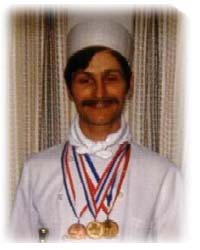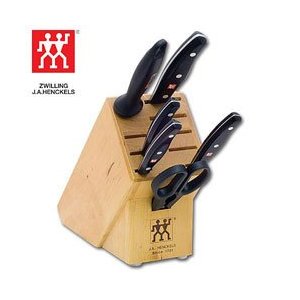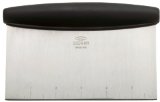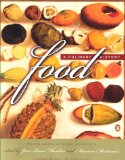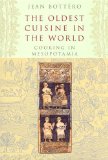Fat Tuesday is the literal English translation
of the term Mardi Gras
The History of Mardi Gras
It is not called Mardi Gras everywhere, mainly in France and the United States. In Italy where it originated and most of the world it is called Carnivale, in Germany it is called Karneval.
Fat Tuesday is also called Shrove Tuesday in England which is named after the act of “shriving” someone, an archaic English word which meant to prepare someone for penance, or to repent.
In Ireland, Australia, and Canada, Shrove Tuesday is known as "Pancake Tuesday"
while in Britain it is popularly known as "Pancake Day". In both regions the traditional pancake is a very thin one (like a French crêpe) which is served immediately sprinkled with caster sugar (superfine sugar in the United States) and a dash of fresh lemon juice or alternatively drizzled with Golden syrup.
In the Canadian province of Newfoundland, household objects are baked into the pancakes and served to family members. Rings, thimbles, thread, coins, and other objects all have meanings associated with them. The lucky one to find coins in their pancake will be rich, the finder of the ring will be the first married, and the finder of the thimble will be a seamstress or tailor. Children have great fun with the tradition, and often eat more than their fill of pancakes in search of a desired object.
Pancakes are eaten to use up milk and eggs, which are not eaten during Lent, and would otherwise spoil during this period.
In Sweden Shrove Tuesday is known, just as in France, as "Fat Tuesday", or Fettisdagen in Swedish. The day is marked by eating traditional Swedish pastry, called Semla. Supposedly, the pastry is only to be eaten on this day but it is seasonally available from New Year until the beginning of Lent.
In Iceland the day is known as "Sprengidagur" (Bursting day) and is marked with the eating of salt meat and peas.
In Poland, and also in areas of the United States with large Polish populations, pączki are a common find.
In Lithuania it is called Užgavėnės, and many pancakes (blynai), Lithuanian style doughnuts (spurgos) are eaten.
In Estonia it is called Vastlapäev, this day has to do with hopes for the coming year. On this day, families go sledding and eat split pea and ham soup. A toy is made from the ham bone by tying the bone to a string and spinning it around to make a whistling noise. There is a tale told that if you cut your hair on this day, it will grow fast and thick for the next year!
|

